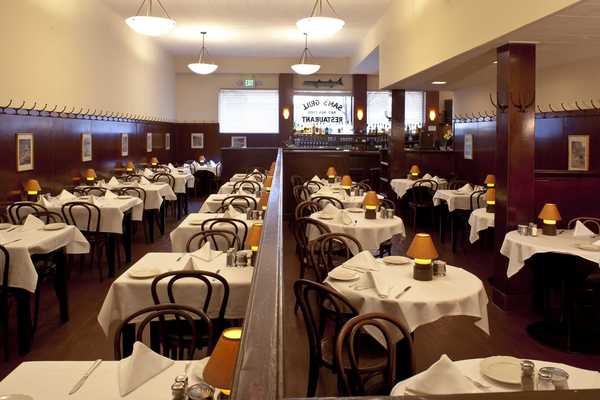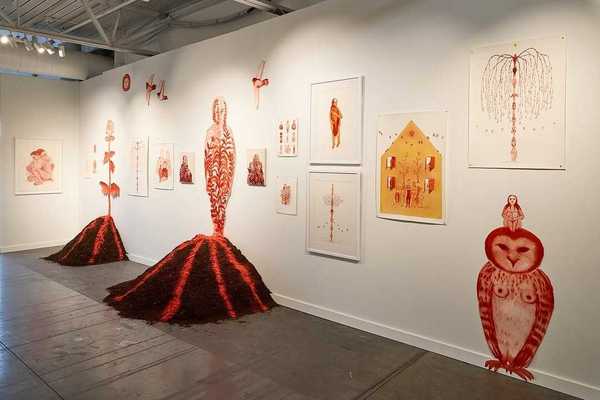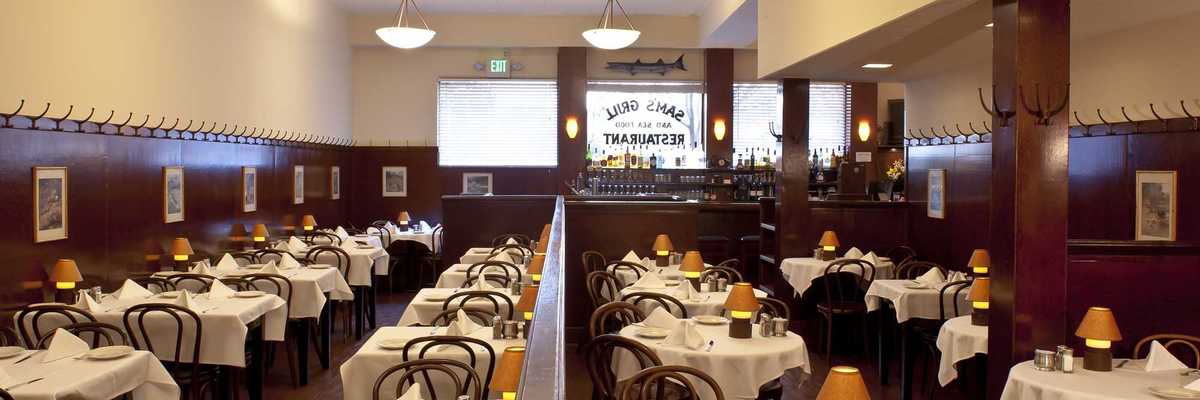It begins with a knock at the door. Then a slightly louder knock. Then an insistent pounding. And with that, Henrik Ibsen's groundbreaking, proto-feminist heroine Nora Helmer returns to the "doll's house" she stormed out of 15 years earlier with a theatrically famous slam of the same door.
When A Doll's House originally premiered in 1879 and was subsequently translated into and performed in dozens of languages, the idea of a competent, headstrong housewife walking out on her husband and children was shocking and scandalous. And 140 years later, in A Doll's House, Part 2—onstage now at Berkeley Repertory Theatre—playwright Lucas Hnath plumbs the unanswered questions and troubling conflicts that Nora left in her wake, some of which remain unresolved in the relatively enlightened moment we live in now. How could a woman leave her children behind simply because she was in a dissatisfying or loveless marriage? Would those children grow up to resent her? How does Nora square the loss of her family with the freedom she gained?
Berkeley Rep is presenting this timely (and in some ways timeless) original play as the opening production of their new season, directed by the great Les Waters. The Broadway production earned Tony nominations for all four of its actors, and the four-person ensemble is ferocious and compelling here as well, led by Mary Beth Fisher in a commanding performance as Nora.
Issues of money and legal woes are the points of tension in Hnath's sequel as much as they were in Ibsen's original play, bound up as these issues were in the Victorian-era traps all too familiar to women in the Western world. Women couldn't seek their own divorces without proving cause, and nor could they easily earn their own money without doing so in secret or bending the law. Nora was emblematic of women who realized they didn't want to be kept like dolls in boxes, forever under someone else's control.
One of the first jokes that gets a laugh in Hnath's circa-1894 continuation comes when Nora suggests aloud to her one-time nanny, Anne Marie—who raise Nora's children in her absence—that all these constructs that oppress women, including marriage, should be a thing of the past "in 30 or 40 years."
Nora revised version of herself—she is now a successful writer of women's fiction who's never reached out to her children for fear of complicating their lives—is confronted by Anne Marie (played with terrific, long-suffering fierceness by Nancy E. Carroll), and Nora's grown daughter Emmy (played with great confidence by Nikki Massoud). Ultimately it is ex-husband Torvald (John Judd) whom Nora has arrived to see because, for reasons involving her new career, she has just discovered that he never properly filed their divorce.
Hnath elegantly constructs his narrative in five scenes, primarily with two-person interactions, without ever letting Nora leave the stage once she arrives, as though to trap her once again in this same house. Anne Marie makes sure to call Nora on her rationalizing; Torvald makes sure to scream ("I can never fucking win with you!"); and Emmy makes sure to remind her that she "never gave me anything." Andrew Boyce's clean, spare set adheres to the play's needs and stark, modern mood, and the period costume design by Annie Smart, in particular Nora's incredible dress, deserves its own applause.
As much of an impressive playwright's exercise as it is, A Doll's House, Part 2 still comes up a bit short on resonant, soul-shaking emotion. It is a debate play, and a tight and stimulating one at that, but still one that leaves a chill in the air and ends on an uncharacteristically trite note. Despite Waters' masterful direction, it remains tough to empathize too deeply with anyone on stage. That said, it's also a uniquely meaty actors' showcase with four fully realized and demanding characters, each of whose entrances carry equal thrill and weight. Fans of serious theater should probably see it for that reason alone.
// A Doll's House, Part 2 plays through October 21 at Berkeley Repertory Theatre, 2015 Addison St. (Berkeley); tickets ($45 and up), are available at berkeleyrep.org.
This review originally appeared on Opening Night SF.



















